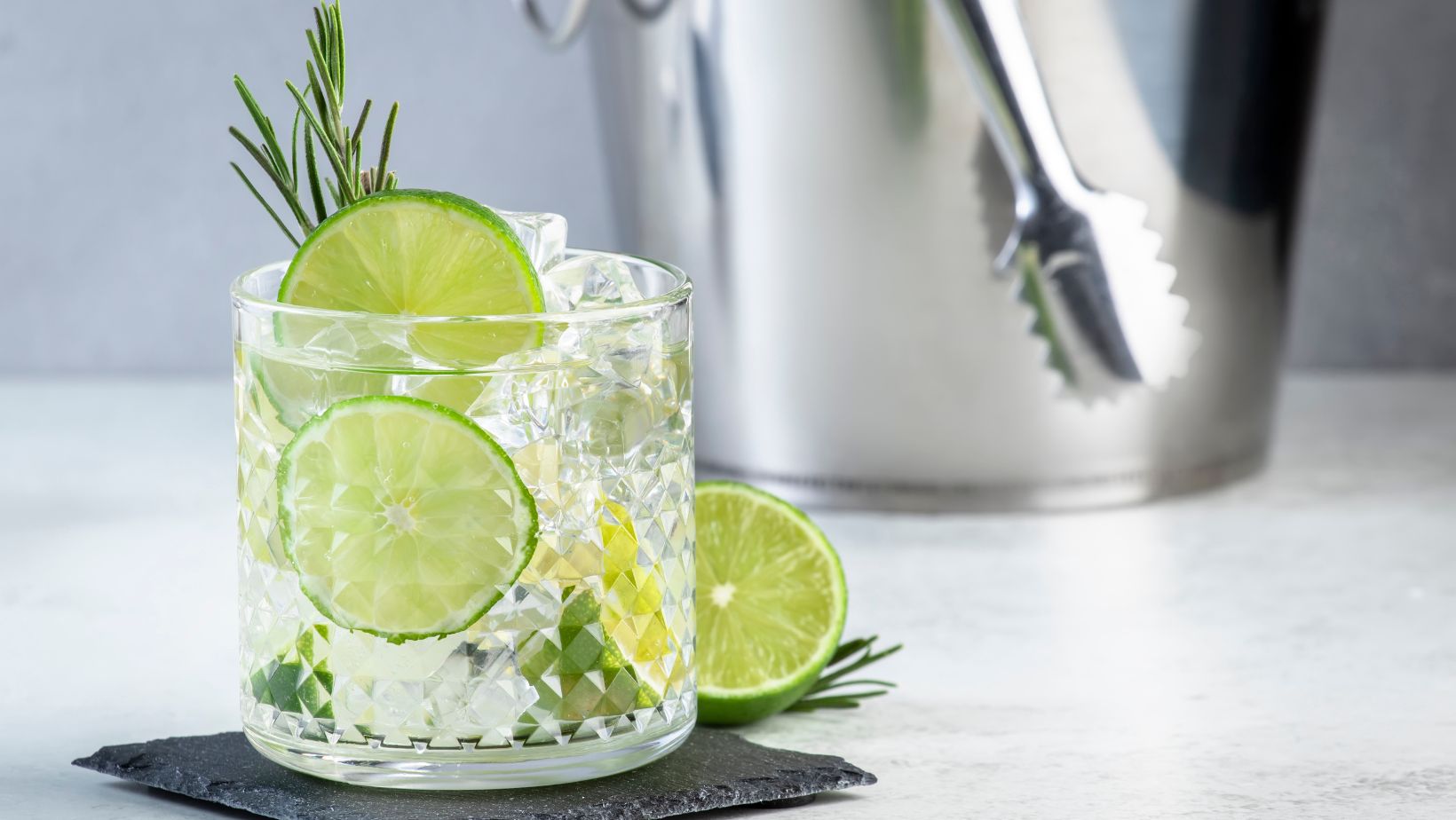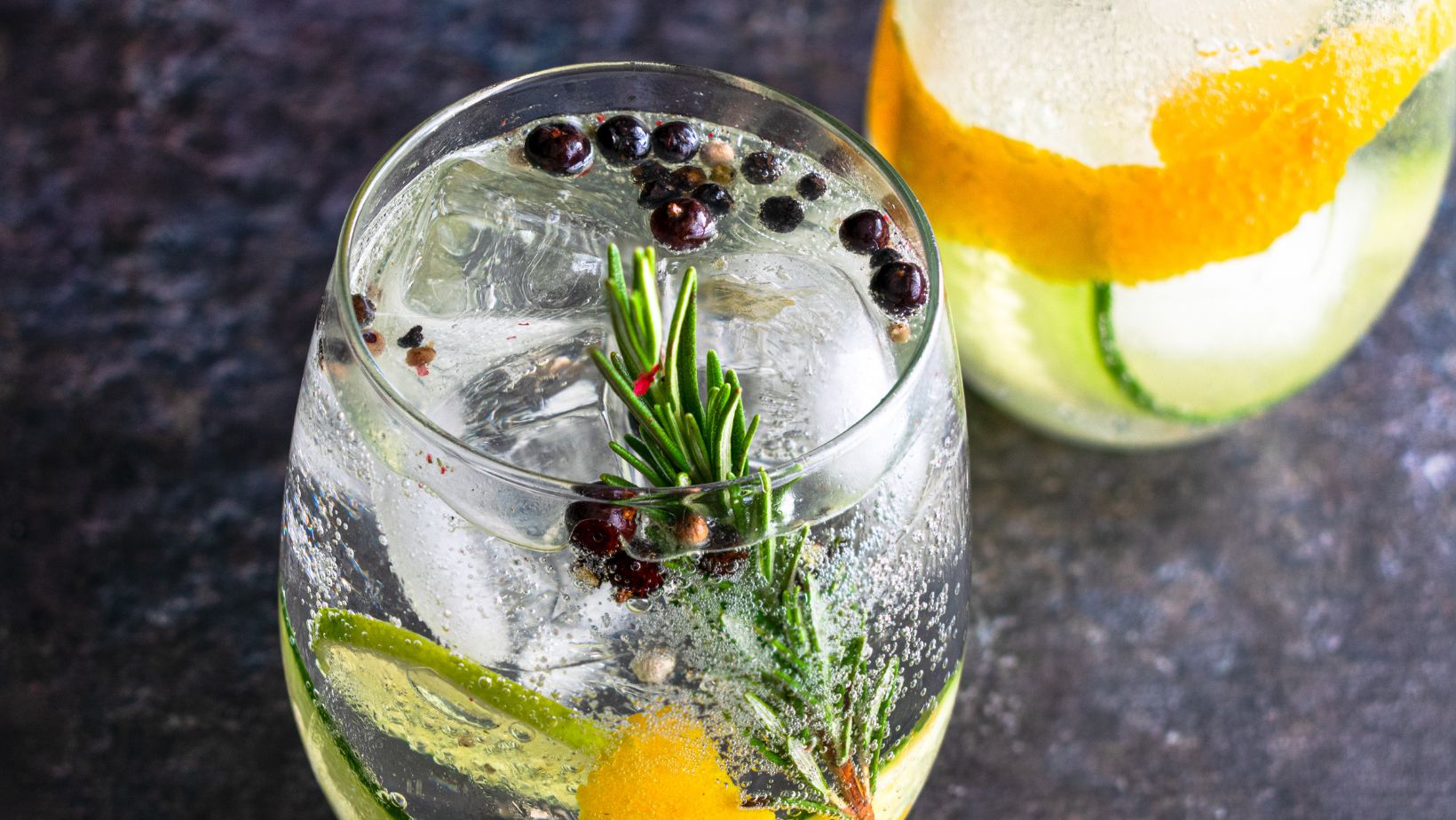
Tonic water is often misunderstood, even though it is a popular ingredient in cocktails and a great drink on its own. A lot of people do not know what is in tonic water or how to drink it, which has led to a lot of assumptions and myths. This blog will debunk seven common misconceptions about Australian tonic water.
1. Tonic Water is Just Flavored Water
There is a widespread misconception that tonic water is nothing more than a type of flavored water, similar to sparkling or seltzer water. However, tonic water is distinct from other beverages because it contains additional components, such as quinine, which impart a bitter flavor to the beverage.
Additionally, it typically contains sugar or other sweeteners, which contribute to its sweeter flavor compared to that of plain sparkling water. This makes tonic water more of a soft drink rather than just flavored water.
Understanding this difference can help when you’re choosing drinks, as tonic water has a unique taste that not everyone may enjoy by itself.
2. All Tonic Waters Taste the Same
One of the most widespread misunderstandings is that all tonic waters have the same flavor, but this is not the case. Because different brands use different amounts of quinine and sweeteners, the bitterness and sweetness of the product can vary from brand to brand.
For the purpose of altering the flavor, certain tonic waters also contain additional flavors, such as lemon or herbs. As a result of these differences, certain tonic waters may have a higher level of bitterness, a higher level of sweetness, or a hint of citrus.
You can find a brand that is more to your liking by trying out a few different brands, which is especially helpful if you are going to be mixing it with a beverage.
3. Tonic Water is Healthy Because It Contains Quinine
The mineral quinine, which was traditionally employed in the treatment of malaria, is found in tonic water. For this reason, there are those who believe that tonic water is beneficial to one’s health.
However, the amount of quinine that is present in modern tonic water is extremely low, and it does not offer any significant health benefits.

In fact, tonic water frequently contains sugar, which differentiates it from other beverages that are sweetened. Although it is acceptable to drink tonic water, you should not anticipate any significant health benefits from the fact that it contains a negligible amount of quinine.
4. Tonic Water is an Alcoholic
It is a common misconception that tonic water contains alcohol, but this is not the case. Even though it is a non-alcoholic soft drink, tonic water is frequently combined with alcoholic beverages, such as gin, in recipes for cocktails.
When consumed on its own, tonic water does not have any alcohol found in it. You can consume it on its own, or you can use it as a mixer for a variety of drinks, including alcoholic and non-alcoholic beverages.
If you are looking for a non-alcoholic beverage that still has a fizzy and bitter flavour, tonic water is a good option to consider.
5. Tonic Water is Calorie-Free
Some people believe that tonic water, like soda water or sparkling water, does not contain any calories. This is another common misconception. In point of fact, tonic water frequently contains added sugar or sweeteners, which indicates that it will contain calories.
There are some brands that produce diet or low-calorie versions of tonic water. However, regular tonic water can contain the same number of calories as other types of soft drinks.
When trying to limit the number of calories you consume, it’s best to check the label to determine the total number of calories contained in the brand that you select.
6. Tonic Water Can Cure Malaria
Some people believe that because tonic water contains quinine, it can treat malaria. This is a common misconception. While quinine was once used as a malaria treatment, the amount found in tonic water is too low to have any medicinal effect.

There is no evidence that drinking tonic water can prevent or treat malaria. In comparison to the low doses of quinine that are found in tonic water, the modern treatments for malaria are more potent and effective. So, while tonic water has a historical connection to malaria, it’s not a real treatment option.
7. You Can’t Drink Tonic Water on Its Own
There are those who believe that due to the bitter flavor of tonic water, it is not possible to consume it on its own. However, there are a lot of people who like to drink tonic water on its own. Particularly if they are looking for a drink that is less sweet and has a distinctive flavor.
Drinking tonic water can be a refreshing beverage, particularly when it is served chilled and accompanied by a slice of lemon or lime. Not only is it suitable for cocktails, but it can also be consumed on its own if you really enjoy the combination of sweet and bitter flavors.
Understand Tonic Water More
Whether you’re enjoying a classic gin and tonic or a refreshing non-alcoholic drink, knowing what makes tonic water special allows you to make informed choices. So, next time you reach for a bottle, you’ll have a deeper appreciation for this distinct beverage. Explore the world of tonic water and discover the perfect blend that suits your taste!


















